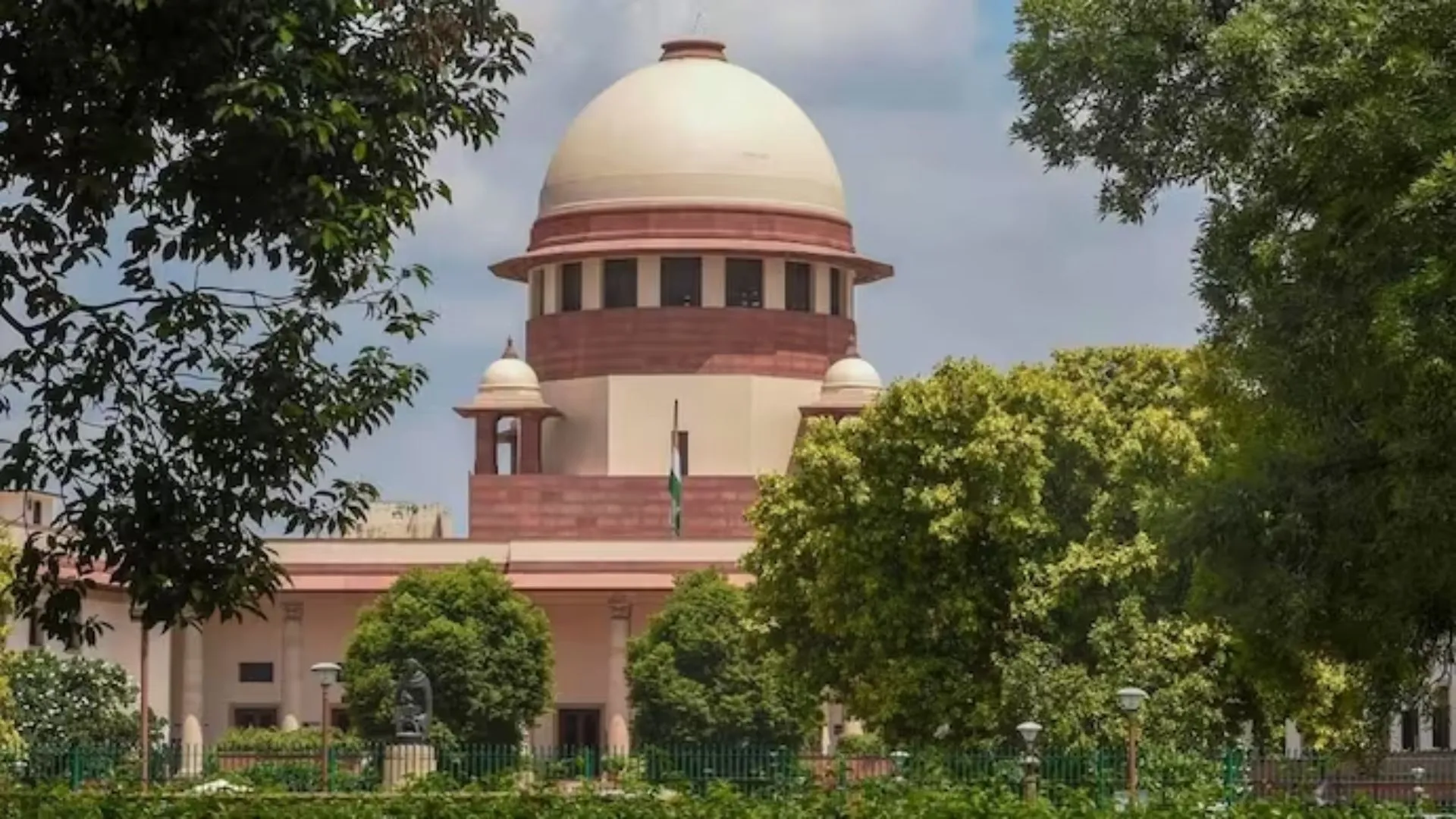Recently, the Supreme Court has sharply criticized the Commission for Air Quality Management (CAQM) for its inadequate efforts to combat stubble burning in neighboring states, a major contributor to Delhi’s winter air pollution.
During the hearing, Justices Abhay S. Oka and Augustine George Masih questioned the CAQM’s ability to enforce the provisions of the CAQM Act, demanding to know what specific actions the commission has taken to address crop residue burning in states like Punjab and Haryana.
Further, Justice Oka pointed out a “total non-compliance” with the Act, asking, “Please show us a single direction issued to any stakeholder under the Act,” and questioned whether any meaningful steps had been taken to tackle the issue.
Even though, additional Solicitor General Aishwarya Bhati, representing the Centre, outlined measures such as advisories and guidelines to manage the crisis, the court found the efforts lacking, with Justice Oka remarking “It is all in the air; nothing they have shown regarding what has been done in the National Capital Region (NCR).”
Also Read: ‘Everyone’s responsibility to look into matter’: CM Mann on stubble burning in Punjab
Court Questions CAQM
Meanwhile, during the proceedings, CAQM Chairperson Rajesh Verma claimed that sub-committees had been formed and enforcement squads were operational, with meetings occurring quarterly. “Once every three months, they are meeting,” Verma stated, mentioning the establishment of 40 enforcement squads and the closure of 1,099 industrial units.
Must Read: Stubble Burning Increased Exponentially in Oct: Jitendra Singh
However, the court remained skeptical about the effectiveness of these initiatives, with court saying “Every year, we face stubble burning. Is it decreasing, or is it increasing?”
In response, Verma assured the court that air quality in Delhi had improved over the past three years and that stubble burning was gradually declining. Yet, Singh raised concerns about recent instances of stubble burning and questioned why no action had been taken against officials who failed to enforce the law.
Earlier on August 27, the Supreme Court labeled the pollution control boards of Delhi and NCR states as “ineffective” due to staff shortages and demanded an explanation on how the commission planned to manage the expected surge in pollution as winter approaches?
Moreover, thee court also expressed doubts about the functionality of the CAQM’s sub-committees, questioning their effectiveness without proper representation from pollution control boards across Delhi, Punjab, Haryana, Rajasthan, and Uttar Pradesh, Hence urging five NCR states to urgently fill vacant posts, ideally before April 30, 2025.






















